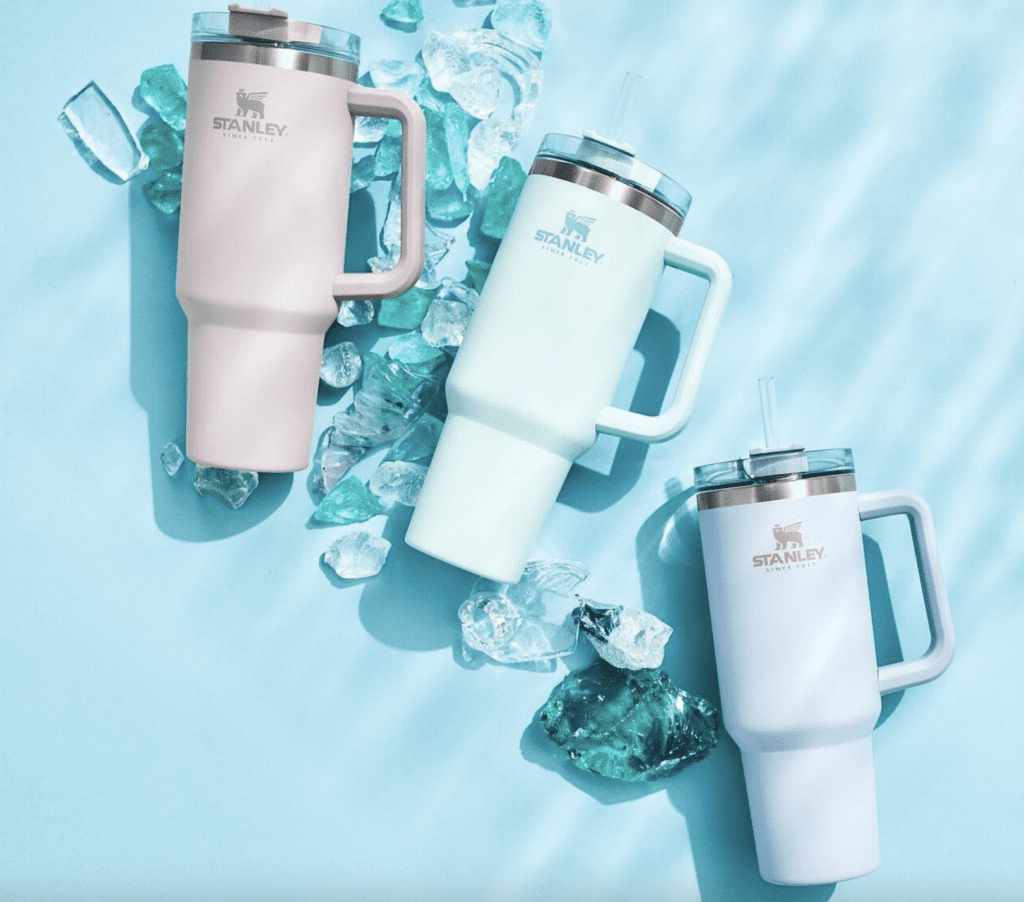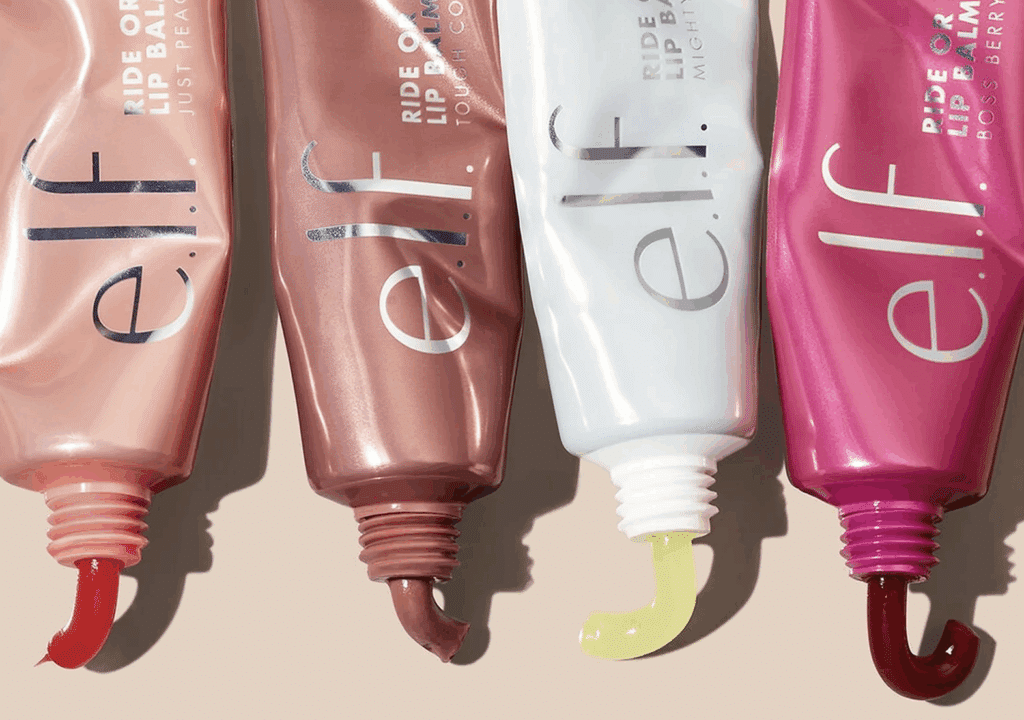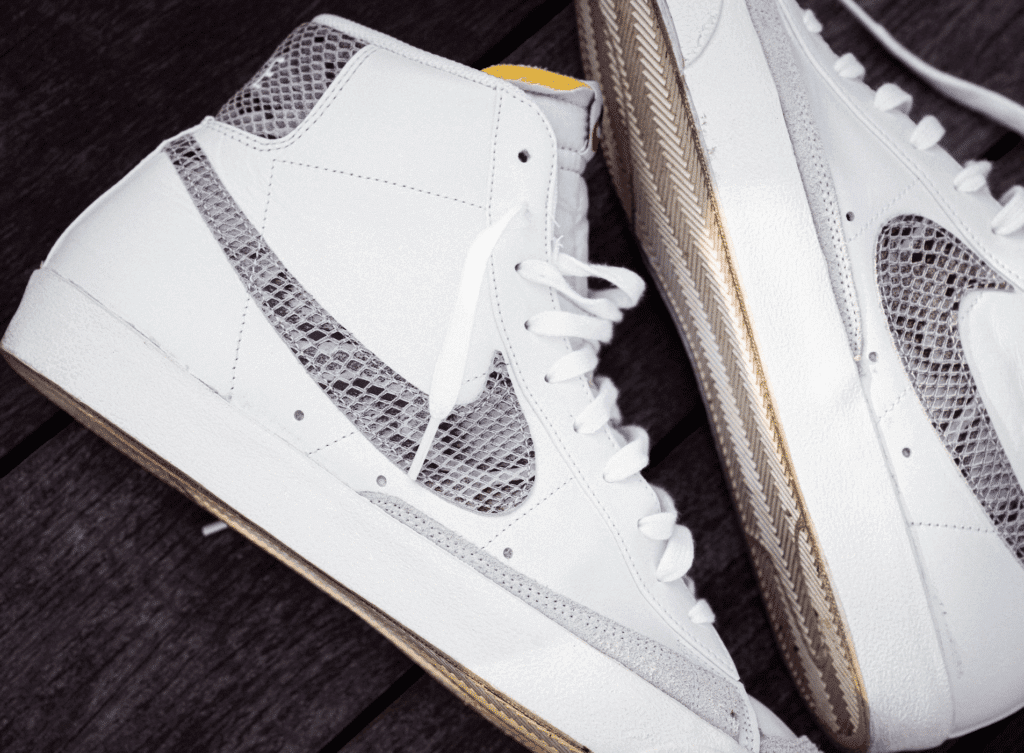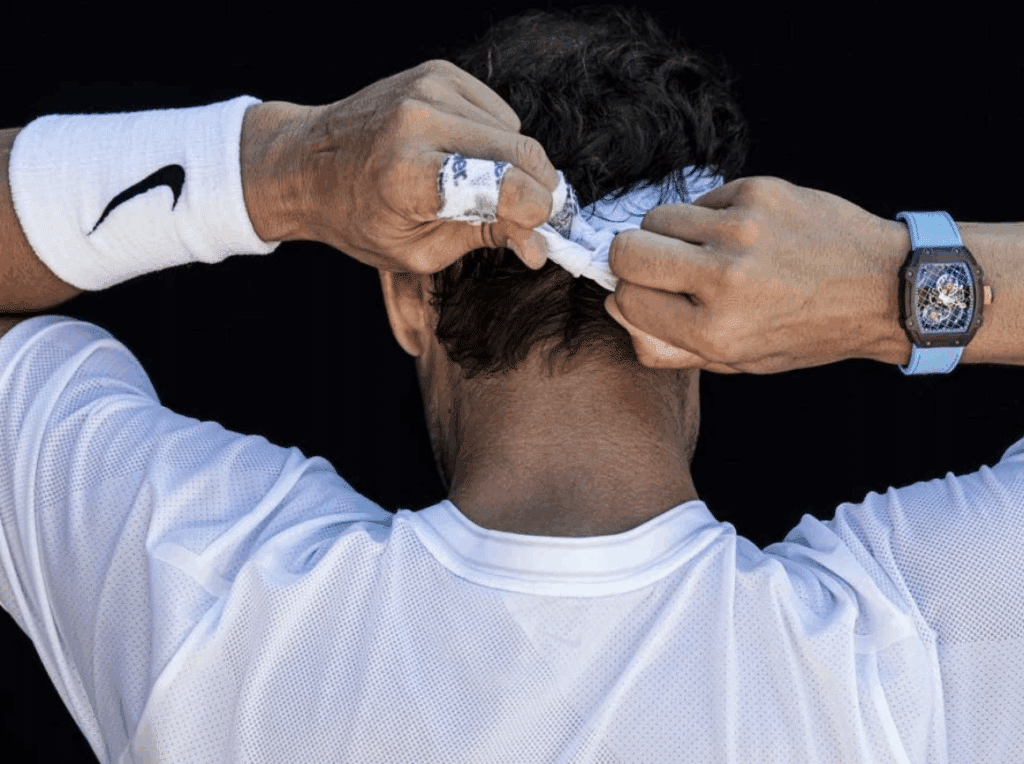The maker of Stanley cups – whose viral beverage tumblers sent its revenues soaring from $75 million to $750 million last year – has landed on the receiving end of a new false advertising and fraud lawsuit. According to a proposed class action complaint filed in a state court in Los Angeles, California, on February 1, Pacific Market International (“PMI”) is allegedly on the hook for unfair business practices, fraud, false advertising, and unjust enrichment for failing to disclose that its wildly-popular products – including its 40 oz. Adventure Quencher cup – contain lead, a fact that the plaintiffs claim “would have hurt [the Seattle, Washington-based company’s] bottom line” had it been widely known to consumers.
Setting the stage in their complaint, plaintiffs Mackenzie Brown, an attorney who purchased a popular rose-gold Stanley tumbler cup after “being bombarded with advertising,” Meiling Robinson, Shea Ritchie, and Nora McCarl (the “plaintiffs”) claim that “under the guise of encouraging young people to stay fit and hydrated,” PMI engaged in “misleading advertising that has potentially exposed individuals and young children to a hazardous material.”
In light of the popularity of its Adventure Quencher cup, which has garnered headlines due to its rising popularity and tendency to swiftly sell out of stores like Target, the plaintiffs assert in the newly-filed lawsuit that PMI launched additional Stanley cup styles “designed with similar sleek aesthetics and utilizing the same insulation system,” which also became popular “among a lot of millennial and Gen Z women, many of whom are mothers.” Part of the problem with the company’s TikTok-favored cups, the plaintiffs argue, is that they contain lead, making them “unsafe products that may cause harm to [consumers] or their children.” The other part of the issue? The plaintiffs allege that PMI kept that information from consumers.
In fact, the plaintiffs claim that “by selectively disclosing the materials it uses [to manufacture its cups] through advertising, such as ‘recycled stainless steel‘ and ‘BPA free,’ PMI misled consumers into believing [it] had disclosed all materials the product contained.” However, PMI did not reveal that its tumblers – which retail for between $35 and $60 – are made of “stainless steel and lead,” as that would have caused profits to “undoubtedly suffer,” the plaintiffs allege.
Against that background, the plaintiffs contend that PMI “took care not to reveal its practice of using lead while continuing to market its products as safe, pure, and ideal for busy professionals to use at home and elsewhere.” They also maintain that the cups “do not include a Proposition 65 warning about toxic chemicals, despite PMI’s insistence that it complies with Proposition 65.” (Prop 65, a California state law, requires businesses to provide Californians with notice of chemicals contained in their products that are known to cause cancer, birth defects or other reproductive harm.)
Following “several viral social media posts, [which] broke the news that Stanley cups contain lead” in January 2024, the plaintiffs allege that PMI “admitted [on its website] that the reports were true” and that the seal on its cups is “covered with a layer of steel, which … may come off ‘due to ordinary use’ and expose the seal containing the lead.” With the foregoing in mind, the plaintiffs argue that for the majority of time that it was offering up its hot-selling products, PMI “kept the information about the presence of lead in their products from the public,” thereby, “depriving consumers from the knowledge to make an informed decision about which product to buy.”
Getting to the alleged harm at play, the plaintiffs claim that “in reasonable reliance on PMI’s misleading representations and nondisclosures,” they bought Stanley tumbler cups without knowing that the products contain lead. Had PMI disclosed its alleged use of lead in the cups, the plaintiffs say that they “would not have purchased Stanley cups; rather, they would have opted for a lead-free alternative.”
As a result, Brown and the other named plaintiffs set out claims of unfair business practices, fraud, false advertising, and unjust enrichment under California state law and are seeking a permanent injunction ordering PMI “to clearly disclose its use of lead in all consumer drinking products at the point of sale and on the packaging of each product,” and compensatory damages of more than $70 million “to refund all amounts paid by members of the putative class for Stanley cups containing lead.” They are also looking to get the court to certify their proposed class action in order to enable “hundreds of thousands” of other individuals that purchased the cups to join in on the case against PMI.
A representative for PMI was not immediately available for comment.
THE BIGGER PICTURE: The lawsuit comes as PMI has experienced a surge in Stanley cup-specific popularity driven, in part, by a plethora of viral TikTok videos and an endless stream of influencer endorsements. At the same time, analysts have readily attributed “a large part of the product’s recent success to the company’s president, Terence Reilly, who was appointed back in 2020, having previously been chief marketing officer for Crocs footwear,” the BBC recently reported, noting that the #StanleyCup hashtag had 7.2 billion views on TikTok as of last month.
While TikTok fame – which has had a hand in catapulting the sales of products from companies ranging from indie beauty brands to stalwart mall retailers like the Gap – may have helped PMI boost revenues of its cups by tens of millions of dollars in 2023, the narrative surrounding the Stanley brand and its offerings on TikTok has taken a remarkably sharp turn. No shortage of videos on the platform so far this year are dedicated to documenting concerns about whether the trendy cups contain harmful levels of lead, suggesting that just as quickly as PMI and its products rose to viral heights, they may now be slated to face equal levels of controversy, as well as legal pushback. Given that it is relatively common for insulated cups and reusable water bottles to make use of lead in their manufacturing, the flip side of TikTok fame might prove to be the most intriguing aspect of this story so far.
PMI responded to rising consumer furor last month, saying that its products comply with all U.S. and state regulations. The company also revealed that it is “making progress on innovative, alternative materials for use in the sealing process.”
The case is Brown, et al. v. Pacific Market International LLC, 24STCV02653 (Cal. Sup., Los Angeles)














